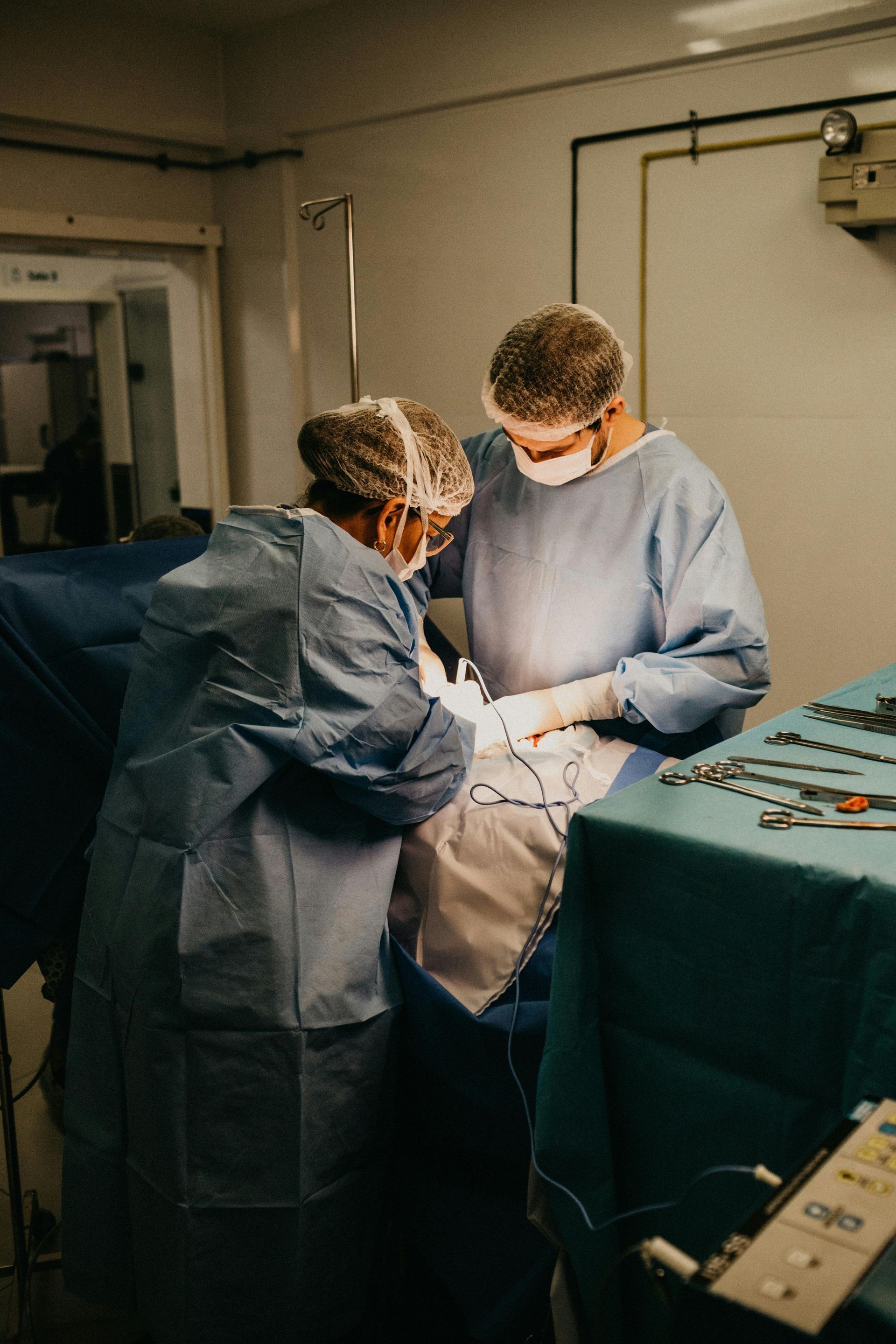AORN Clinical Improvement and Innovation
How One Hospital Stopped a Neurosurgical Infection Outbreak: Lessons from AORN 2025

At this year’s AORN Global Surgical Conference, we (Nicholas DeStefano, OR Nurse Manager, and Charles Vickery, Surgical Infection Preventionist at AdventHealth Celebration) had the honor of sharing a story that underscores the power of collaboration and the critical role of infection prevention in the operating room.
Our session, “Bacteria in Brain Surgery: The Infection Preventionist Response”, walked attendees through the journey of how a multidisciplinary team at our hospital identified and eradicated a cluster of craniotomy-related surgical site infections (SSIs). Here's a recap of what we shared and the key takeaways.
🧠 The Problem: A Rise in Neurosurgical Infections
In 2021, our surgical services team identified a disturbing spike in craniotomy infections — five cases in a short span, all linked to the bacterium Serratia marcescens. This organism, which thrives in moist environments like tap water and soap dispensers, isn't typically found on skin. Yet somehow, it had made its way into our ORs.
Through detailed chart reviews, culture analysis, and staff reports, we knew we were facing more than isolated incidents — we had a cluster outbreak.
🧪 The Response: Building a Multidisciplinary Task Force
Rather than handle the situation in silos, we formed a dynamic task force. Infection Prevention, Environmental Services, SPD (Sterile Processing Department), Supply Chain, Perioperative Leadership, and our C-suite came together.
We implemented:
- Enhanced environmental testing (air, water, surfaces)
- Daily OR audits
- Instrument tracing protocols
- New head holder inventory (to address non-compliant IFU cleaning practices)
- Point-of-use cleaning education
All of these actions were rooted in real-time data and open communication — two of the most powerful tools in healthcare.
👨⚕️ The Impact of a Surgical Infection Preventionist
One of the biggest turning points was the creation of a dedicated Surgical Infection Preventionist role — a rare but increasingly vital position in hospitals. Charles, a former ICU nurse turned IP, immersed himself in OR culture, bridged knowledge gaps, and became a trusted resource for staff and surgeons alike.
Since the implementation of this role:
- Craniotomy SSIs dropped to zero between 2022–2024
- Cost savings exceeded $200,000
- Surgeon and staff buy-in increased significantly
- Patient safety and outcomes improved across the board
💡 Return on Investment: Quality and Cost Benefits
Healthcare-associated infections cost the U.S. over $3 billion annually, with SSIs making up 20% of that burden. In our facility alone, avoiding just a handful of infections saved hundreds of thousands of dollars — proving the value of prevention over treatment.
🙌 A Call to Action: Bring the Surgical IP to Your OR
If you’re considering building a similar role in your OR, we encourage you to:
- Show the data: Highlight infection trends and potential savings.
- Secure surgeon support: Surgeons respect outcomes and peer-led change.
- Build your team: Collaboration is the engine of transformation.
As we like to say, "Infection prevention in the OR is one of the greatest things we can do when patients are at their most vulnerable."
📚
For More Info:
Read the full article from Infection Control Today:
🔗
https://www.infectioncontroltoday.com/view/collaboration-action-how-one-hospital-stopped-neurosurgical-infection-outbreak
✉️ Questions? Reach out to us — we’d love to help you build your case for a surgical IP!
Share




